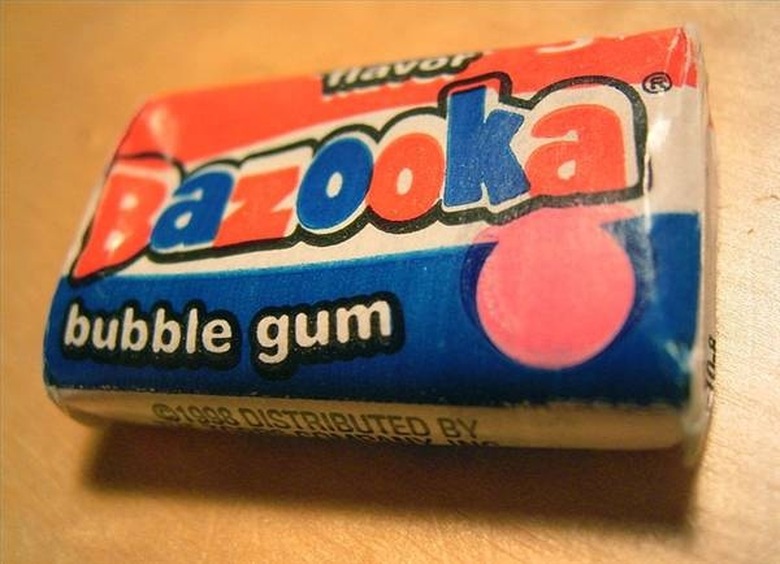How Does Chewing Gum Work?
What is Chewing Gum Made of?
What is Chewing Gum Made of?
Historically speaking, chewing gum has been made out of many different substances. In fact, some of the earliest chewing gums were simply tree resins or unrefined sap that was semi-hardened. Contemporary chewing gum, however, generally relies on one of two main products to produce its chewiness: synthetic rubber or chicle. Most modern gums use the synthetic rubber, but chicle is more popular in certain cultures, particularly in Asia and Latin America. Along with the synthetic rubber or chicle, chewing gums generally feature artificial or natural flavors as well as sweetener of some variety.
How Does Chewing Gum Work?
How Does Chewing Gum Work?
How does the chewing gum keep from breaking down when it is chewed? The answer to this has to do with the malleable qualities of either chicle or synthetic rubber. Both products can be molded, stretched, and impacted time and time again without breaking down. Instead, they simply form new shapes. In this way, they act almost like a liquid, but remain a solid. It is this amorphous nature that keeps chewing gum from breaking down, even when chewed for hours or days on end.
What are the Health Repercussions of Chewing Gum?
What are the Health Repercussions of Chewing Gum?
Over the years, chewing gum has been reputed to have both positive and negative health effects for those who use it. The possible risks come in two different forms. Some artificial sweeteners that are used in sugar-free chewing gum have shown side effects in those who use them heavily. Also, chewing gum that uses a synthetic rubber known as vinyl acetate may have carcinogenic effects. There are, however, many different reasons why chewing gum usage is beneficial. For example, chewing gum burns calories, may help with digestion, and can even help battle stress.
Cite This Article
MLA
Weed, Geoffrey. "How Does Chewing Gum Work?" sciencing.com, https://www.sciencing.com/chewing-gum-work-4570137/. 22 November 2019.
APA
Weed, Geoffrey. (2019, November 22). How Does Chewing Gum Work?. sciencing.com. Retrieved from https://www.sciencing.com/chewing-gum-work-4570137/
Chicago
Weed, Geoffrey. How Does Chewing Gum Work? last modified March 24, 2022. https://www.sciencing.com/chewing-gum-work-4570137/
